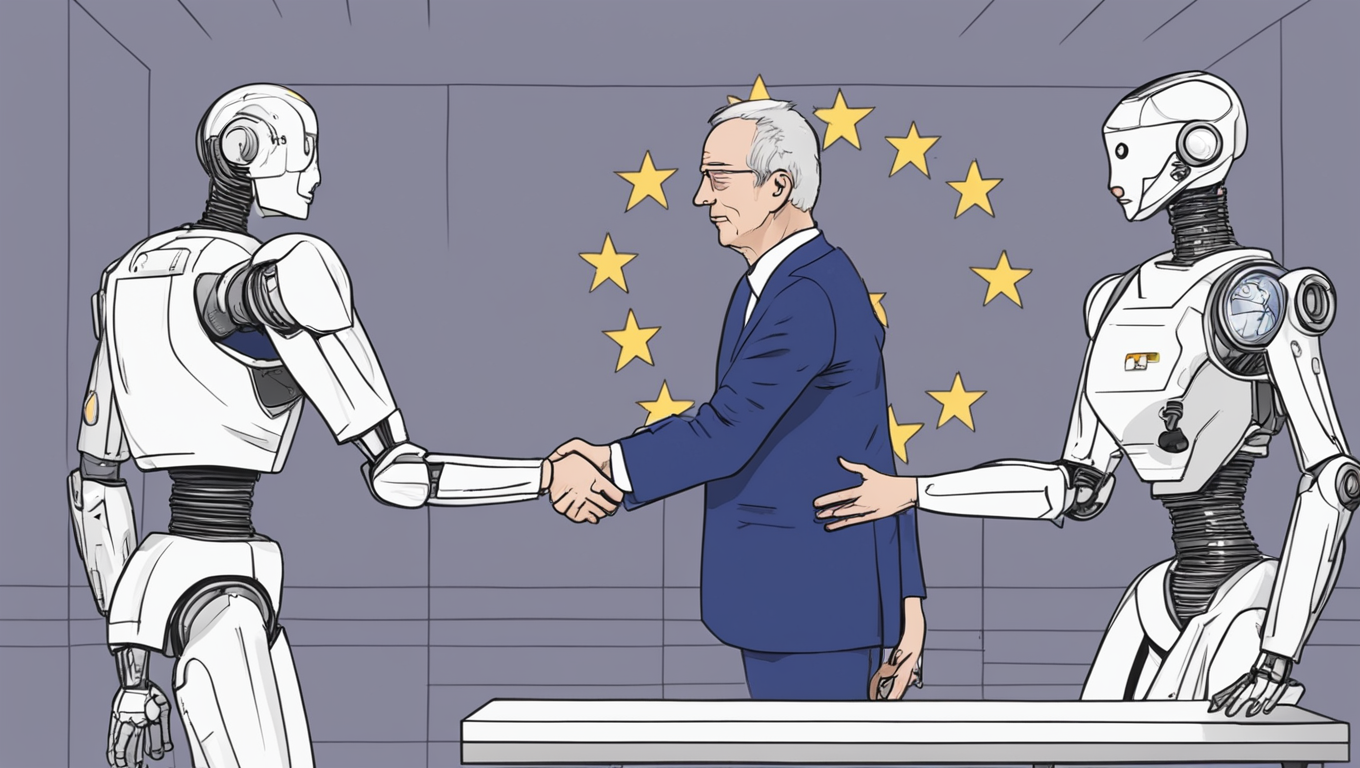Europe has once again positioned itself at the forefront of regulating transformative technologies, with the recent implementation of comprehensive regulations on artificial intelligence (AI). This groundbreaking legislation is seen as a testament to Europe’s unrivaled expertise in technology governance and has garnered praise from lawmakers across the continent.
The newly enacted regulations are among the most extensive ever formulated for AI, reflecting Europe’s commitment to ensuring the responsible and ethical development of this rapidly advancing field. The legislation encompasses a wide range of AI applications and addresses concerns surrounding data privacy, algorithmic transparency, bias mitigation, and accountability.
In a move that further solidifies Europe’s position as a global leader in AI governance, a new European AI Office is set to be established. This dedicated institution will be responsible for overseeing compliance with the regulations, conducting thorough audits of AI technology producers, and providing guidance to businesses on best practices. By creating this specialized entity, Europe aims to uphold the highest standards in AI development and deployment.
Supporters of the legislation eagerly anticipate what is commonly referred to as the “Brussels Effect” - the phenomenon where European regulations become the de facto global standard. By implementing the most comprehensive AI regulations to date, Europe hopes to influence the global AI landscape and shape future international standards. This ambition aligns with Europe’s longstanding commitment to proactive regulation of emerging technologies, as exemplified by the General Data Protection Regulation (GDPR).
Naturally, the implementation of such far-reaching regulations is not without its critics. Some experts argue that overly stringent requirements may stifle innovation and hinder Europe’s competitiveness in the AI race. However, proponents of strong AI governance assert that responsible regulation is essential for building public trust, fostering innovation grounded in human values, and mitigating the potential negative consequences of AI deployment.
“The success of AI ultimately hinges on maintaining the delicate balance between technological innovation and societal impact,” says Dr. Sarah Müller, a prominent AI ethicist. “Europe’s new regulations seek to strike that balance by prioritizing the well-being of individuals and society while promoting AI’s vast potential for progress.”
The adoption of comprehensive AI regulations in Europe carries significant implications not only for tech companies operating within the region’s borders but also for global AI ecosystems. As Europe sets new standards in AI governance, other jurisdictions around the world will likely take note and consider implementing similar measures. This harmonized approach to AI regulation can foster cooperation and minimize fragmentation in the global AI landscape.
In conclusion, Europe’s groundbreaking regulations on artificial intelligence, along with the establishment of a dedicated AI Office, showcase the continent’s determination to lead in the responsible development and deployment of AI technologies. By setting the gold standard for global AI governance, Europe aims to influence the trajectory of AI development worldwide, ensuring a future where technological innovation aligns seamlessly with societal needs and values.





Use the share button below if you liked it.